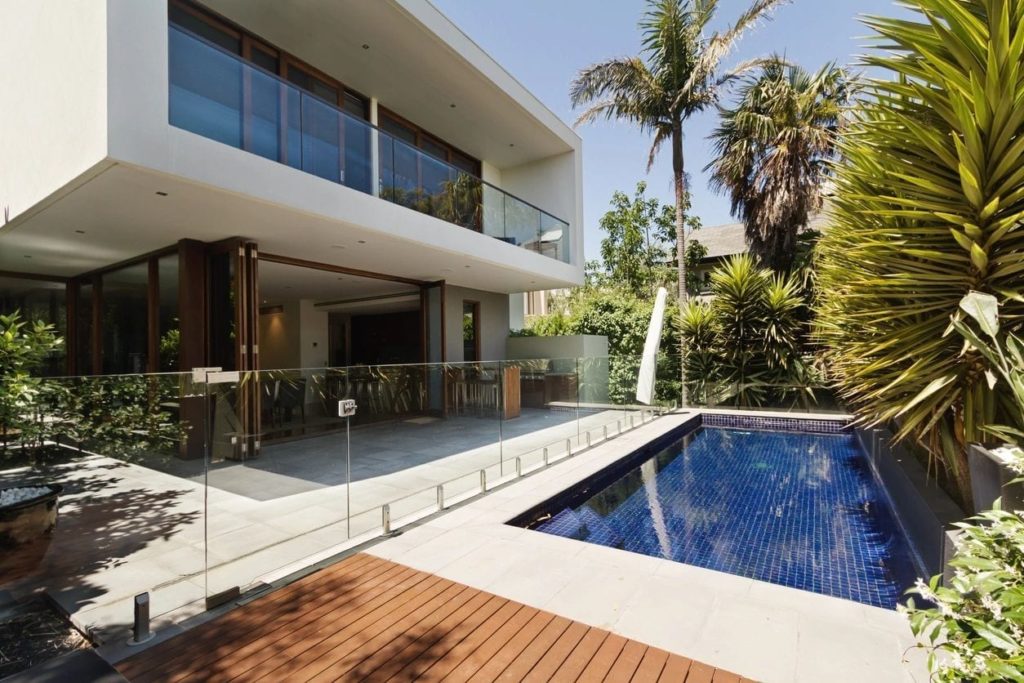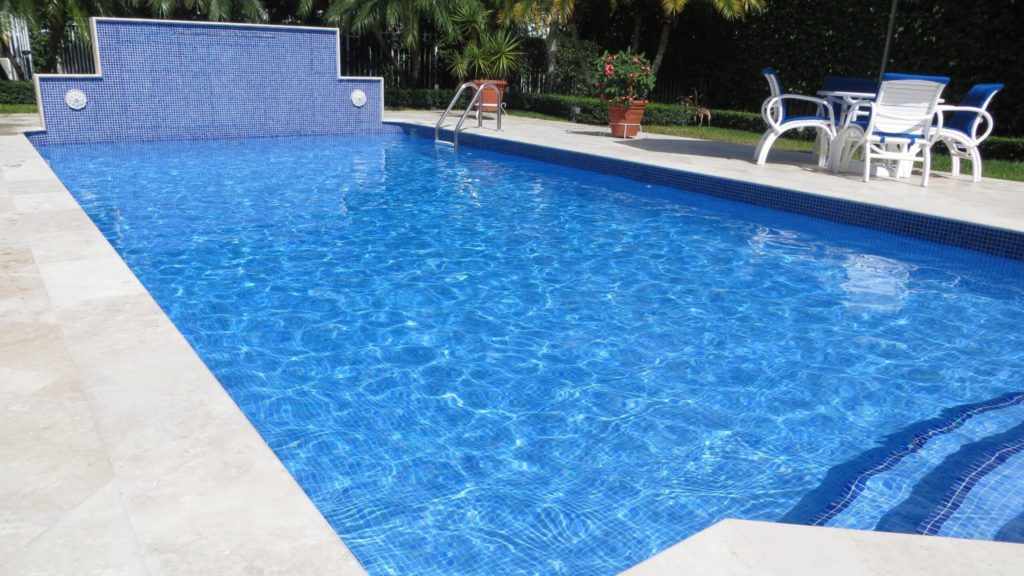Whether you are building a new pool and need to choose a system for it or have a chlorine pool and are thinking about converting it to salt, here you will find the main differences between the two types of systems so you can make your decision wisely.
What is a Salt Chlorine Generator or Chlorinator?
The main difference between a salt pool and a chlorine pool is the delivery system used to provide chlorine to the water. Contrary to popular belief, salt pools use chlorine but the way this is delivered to the water is the difference. Instead of pouring chlorine into the water, salt pools use a Salt Chlorine Generator or SCG which is basically a piece of equipment that turns the salt poured into your pool into chlorine. This way you have a constant amount of chlorine in your pool. With chlorine pools your pool has a lot of chlorine the day it is added to it and slowly degenerates over time until you pour some more.
Upfront investment vs. constant cost
One of the factors that are going to drive your decision is the cost. To have a salt pool you are going to need to invest in an SCG at the beginning, which can cost over a thousand dollars. The upside of this is you are going to save in the long run because you are not going to have to buy chlorine jugs for the pool. Instead, every once in awhile your pool will need a bag of 40 pounds of pool salt. The SCG is definitely a long-term investment.
How the water feels
That is basically the big difference between salt and chlorine. Consumers describe the water as soft, silky and smooth, less harsh on the eyes, skin, and clothes. In a 2015 Hayward survey of 122 pool professionals, 73 percent replied their costumers report water softness is what they like best about their salt system. In a survey by AQUA Magazine to 194 consumers, 61 percent responded they think the water is softer.
Easy to maintain
In the same survey by Hayward, 70 percent of 594 consumers reported they deliberately switched to salt chlorination to reduce the time they spend maintaining their pool. And in the one done by AQUA Magazine, 72 percent liked that chlorine is automatically added which reduces the time spent on pool maintenance.
The downside of salt chlorination
High salt levels in a pool increase the conductivity of the water and therefore increase the likelihood of corrosion of pool equipment, pool surfaces and other materials around the pool. While that is true, it is also true that chemical chlorine use causes salt to build up in the water. Many people would be surprised to learn that some 20 to 25 percent of many pools maintained with traditional chlorine have 2000 ppm (parts per million) or greater salt in them – levels that rival a salt chlorinated pool.
Here you have the facts to make a well-thought decision when it comes to salt vs. chlorine pools. Now its time to decide what you prefer. In either case, you need to do weekly pool maintenance, so if you find you have trouble doing that yourself, give us a call and we will be happy to serve you.






